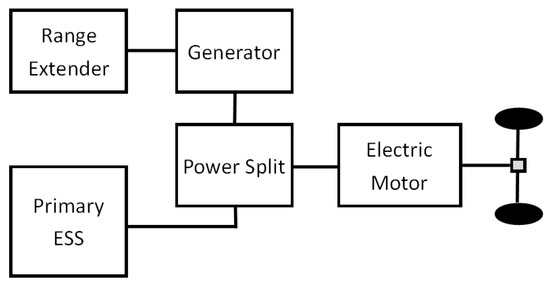


Always use a fuel stabilizer and try to run the tank dry when you know you’re not going to use it for a while. If that sounds like you, one of the best things you can do is pull the generator out and start it once a month. That means they need to reliably start and run even if they sit in your garage unused 98% of the year. Even brands with an OEM-branded engine have the potential to offer you years of service if you’re using them often.Īs you’re shopping for the best generator for home use, keep in mind that many people only use them in an emergency. Most generators you buy from quality brands and reputable retailers are just fine as long as you take care of your generator maintenance. Check out this article for help on deciding how much is right for your needs.

How much is enough? That depends on what all you plan to power. You need to plan for not just the running load, but the surge power each of the items you’re running needs. Protect your generator from rain and snow.Don’t store fuel near ignition sources (including your generator).Always use the right gauge extension cord for what you’re powering.Make sure you position your generator so the breeze can blow past the exhaust rather than concentrating on the downwind side. They can shut down when there’s no immediate danger, though. Many portable generators now come with a CO sensor that automatically shuts the engine off if fumes get too high.

Air has to be able to let the fumes dissipate and move away from your generator so they don’t concentrate in one area. Opening a window or your garage door isn’t enough. Never, ever run a gas, propane, or diesel generator inside! They produce emissions that will kill you if they are able to concentrate high enough.Īlways make sure that you’re running your generator where there’s plenty of airflow. Generators make our lives easier, but they can be deadly.


 0 kommentar(er)
0 kommentar(er)
